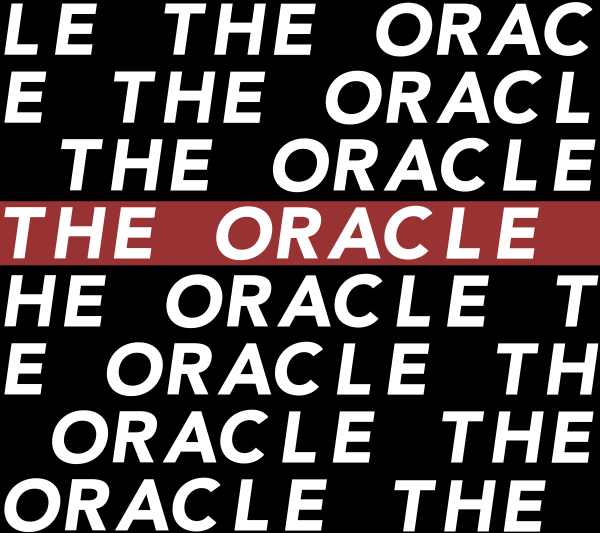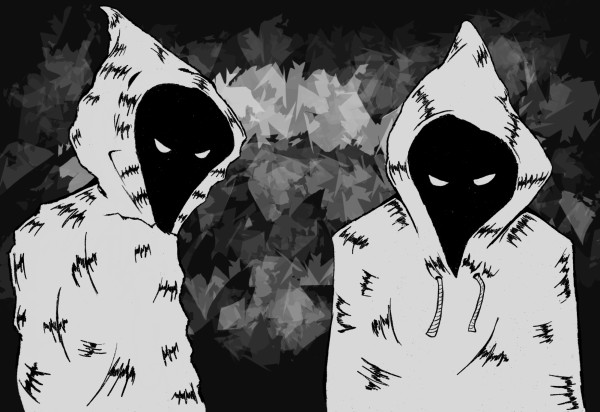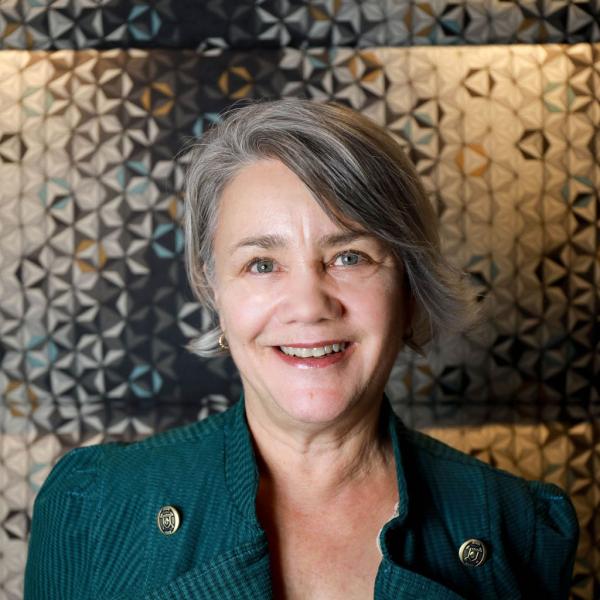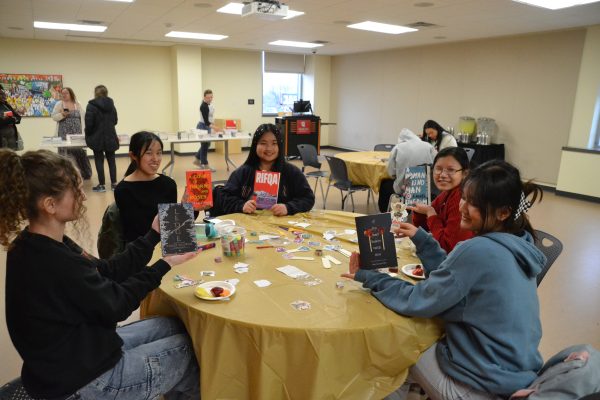Check your language
October 22, 2014
“Creating an inclusive and respectful community requires that we pay attention to language,” said Carlos Sneed, Director of the Hedgman Center for Student Diversity, at the Say What? event on Wednesday, Oct 15.
The Say What? event was organized by Students Education and Empowering on Diversity to help students and community members become more aware of offensive language and how it affects people. Students Educating and Empowering on Diversity, or SEEDs, is a Hamline student organization whose goal is to get more people on campus to talk about diversity and create awareness about diversity and social justice issues.
The program opened with a performance by the organization Making Waves, the social justice theater group on campus. Several members performed “Targhetto”, a sendup speaking on the common nickname for the Midway Target store on University. Owing to the perception among students that the store is of lesser quality because of its location in a majority non-white community, the skit points out the offensiveness of the usage of the word. During the performance, one girl suggests going to “Targhetto” to pick up some art supplies for a project. She and another girl laugh jokingly to the chagrin of the other characters who find the term offensive. When they confront the girls about it, both parties are offended, and as a result, neither party accomplishes anything.
After the performance by Making Waves, Sneed gave a brief explanation on the importance of talking about our language. He explains that not everyone knows that certain words are offensive, leading into the opening activity. Signs were placed around the room for the audience to walk towards when the offensive words were spoken. The signs read Always, Never and Sometimes Allowed to say or be said, and another for Unsure. When the words were spoken the audience members walked to the sign they believed the word fell under.
The following activity was a small group activity in which the audience divided into smaller groups to discuss the previous activity as well as their thoughts about the offensive language. The groups were a safe space in which the participants could share their opinions and experiences with offensive language without argument or judgment.
The final portion of the evening was a panel with Director of Student Activities Wendy Burns, the Assistant Dean of Students and Director of Residential Life Javier Gutierrez, Assistant Professor of Sociology Ryan LeCount, and students Rachel Mills, Jenni Peredia and Kong Vang. The discussion began with questions from SEEDs members then opened up for audience questions.
Early questions addressed what makes language controversial and how the panelists respond to the use of offensive language in public.
“The history of language makes it controversial,” Burns said.
“The power and privilege that comes with language,” Mills said. The other panelists agreed that history of language is an important factor and that it can be continued and hurtful.
Burns said that it depends greatly on the situation and that she’ll ask the person why they’re using that term and start a conversation about its use.
Gutierrez said that he will find out why it’s controversial to better understand the use. Gutierrez said to make sure you’re in a safe place to challenge the language. He often won’t laugh at a joke involving the offensive term or repeat what the person said using a different word. Mills said that she will think to herself about whether or not it will be a productive conversation before getting involved.
The next question addressed the thought process of the panelists when deciding if they, as well as others, should use that language.
“I just choose not to use certain words,” Vang said.
Peredia said that it depends on who she is with while LeCount added that he will research the word he is concerned about and will suggest the same process for others.
Next, the topic of the use of the word “bitch” was brought up. As its use has become more mainstream in music and TV panelists questioned whether other words will become more acceptable.
“It tells us something about society,” LeCount said. “Maybe the patriarchy is more diffuse.”
“My gut reaction and response is that I am fearful that other offensive will become more acceptable,” Burns said. “I’m very fearful that we will become comfortable with offensive terms.”
Mills added that in certain words becoming more normalized, their offensiveness is not eliminated: “I’m very afraid that’s become more acceptable in pop culture.”
Finally, the panelists spoke about the effect social media has on the use and normalization of offensive terms.
“I think social media makes it okay,” Vang said. He referenced the use of memes and vines, saying that people can just post anything and not look back.
Peredia agreed: “It does teach acceptance of these words because it becomes humorous.”
Gutierrez said that social media provides a certain anonymity to those who use it. “There’s no humanity with social media,” he said. He used Twitter as an example: someone may post something offensive and then later on post an apology. “It’s not a real apology,” he said.
Following SEEDs’ questions, the audience was invited to ask the panelists questions. After the audience questions they were invited to share what they learned from the evening’s activities. Overall, the audience agreed that this was a worthwhile experience.





